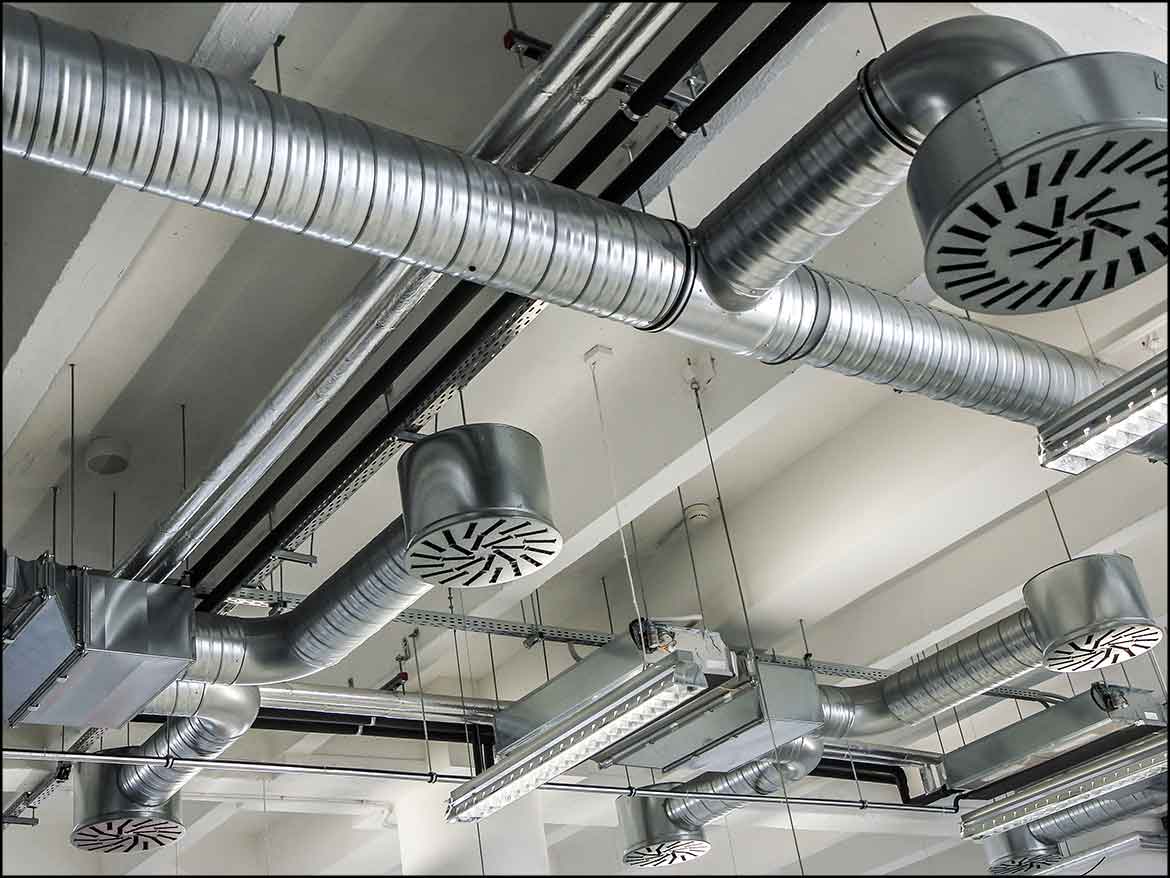Mastering Comfort: The Art and Science of Heating and Air Conditioning
Mastering Comfort: The Art and Science of Heating and Air Conditioning
Blog Article

In today's world, the importance of a comfortable living environment cannot be overstated. Whether it's the sweltering heat of summer or the biting cold of winter, heating and air conditioning systems play a crucial role in maintaining our comfort at home and in the workplace. These systems are not merely mechanical devices; they are essential components of a healthy lifestyle, influencing our well-being, productivity, and even our mood.
Understanding the art and science of heating and air conditioning involves more than just knowing how to adjust a thermostat. It requires a fusion of technology, engineering, and design principles aimed at creating optimal indoor climates. From the intricacies of HVAC systems to the latest energy-efficient models, mastering this field can lead to significant benefits, not only in comfort but also in sustainability and cost savings. As we explore this topic, we will delve into the various types of systems available, their workings, and tips for maximizing their effectiveness while ensuring a pleasant atmosphere all year round.
Understanding HVAC Systems
Heating, ventilation, and air conditioning, commonly known as HVAC, is a technology that plays a crucial role in providing comfort in both residential and commercial buildings. HVAC systems work by controlling the temperature, humidity, and air quality within a space, ensuring a pleasant and healthy environment. These systems can be complex, but understanding their components and functions can help homeowners and business owners make informed decisions about their heating and cooling needs.
At the core of HVAC systems are the heating and air conditioning units, which are responsible for providing warmth during the colder months and cool air when temperatures soar. Heating can be achieved through several methods, including furnaces, heat pumps, and boilers, each varying in efficiency and application. On the other hand, air conditioning units, such as split systems and central AC, focus on cooling and dehumidifying the air to create a comfortable atmosphere. Proper installation and maintenance of these units are essential for optimal performance and energy efficiency.
Ventilation is another critical aspect of HVAC systems. It involves the exchange of indoor air with outdoor air, ensuring that fresh air circulates while stale air is expelled. This process not only improves air quality but also helps to prevent issues such as mold growth and excessive humidity. Many HVAC systems incorporate air filters and mechanical ventilation to enhance indoor air quality, making it vital for homeowners to be aware of the options available and the importance of regular maintenance.
Benefits of Proper Climate Control
Proper climate control within a living or working space greatly enhances comfort levels for occupants. A well-functioning heating and air conditioning system adjusts indoor temperatures to align with personal preferences, ensuring that spaces are not too hot in the summer or too cold in the winter. This balance allows individuals to focus better, relax, and enjoy their environment without the distraction of uncomfortable temperatures.
In addition to comfort, proper climate control can significantly impact health and well-being. Consistently maintained indoor air quality helps reduce the risks of allergies and respiratory issues caused by stagnant air, dust, and pollutants. A reliable heating and air conditioning system can help regulate humidity levels, preventing mold growth and promoting a healthier living environment. This consideration is particularly important for families with children, elderly members, or those with pre-existing health conditions.
Energy efficiency is another notable advantage of effectively controlled heating and air conditioning systems. By optimizing temperature settings and utilizing modern systems, homeowners and businesses can reduce energy consumption. This not only leads to decreased utility bills but also contributes to a smaller carbon footprint, supporting environmental sustainability. Investing in quality climate control systems ultimately pays off through both financial savings and a positive impact on the planet.
Energy Efficiency and Sustainability
Heating and air conditioning systems are essential for maintaining indoor comfort, but they can also consume significant amounts of energy. As awareness of climate change and energy conservation grows, the importance of energy efficiency in these systems cannot be overstated. Modern heating and air conditioning units are designed with energy-saving technologies, such as variable speed motors and smart thermostats, to minimize energy consumption while maximizing comfort. Homeowners can further enhance this efficiency by conducting regular maintenance and ensuring their systems are correctly sized for their living spaces.
Apex high-quality residential services
Sustainability in heating and air conditioning also involves the use of eco-friendly refrigerants and renewable energy sources. Traditional refrigerants can contribute to global warming and ozone depletion, prompting manufacturers to develop alternatives that have lower environmental impacts. Additionally, integrating solar panels into heating and air conditioning setups can significantly reduce reliance on fossil fuels, leading to a more sustainable energy profile. These systems not only help decrease utility bills but also align with a growing commitment to environmental responsibility.
Ultimately, embracing energy efficiency and sustainable practices in heating and air conditioning can contribute to a healthier planet and a more economical lifestyle. Homeowners who invest in these technologies and practices not only enhance their comfort but also play a vital role in global efforts to reduce energy consumption and carbon emissions. By making informed choices, individuals can master the art of heating and air conditioning while promoting a sustainable future.
Report this page